Over ten years ago, I came across the Four Agreements by Don Migeul Ruiz. I cannot remember how it came in to my life (it may have been in my mindfulness training), however as soon as I heard the agreements they resonated with me.
The Four Agreements
The Four Agreements is a simple, easy to read book on personal freedom written by Don Miguel Ruiz. The book is written based on Toltec Wisdom., however I also see these ideas within other areas / work that I have studied, including Albert Ellis (CBT), Aaron Beck (Cognitive Distortions) and Eric Berne. Regardless of that, I think the Four Agreements are worth sharing. According to Ruiz, the agreements help us wake up from what he calls ‘domestication’ –
“Children are domesticated the same way that we domesticate a dog, a cat, or any other animal. In order to teach a dog we punish the dog and we give it rewards. We train our children
whom we love so much the same way that we train any domesticated animal: with a system of punishment and reward. We are told, ‘You’re a good boy,’ or ‘You’re a good girl,’ when we do what Mom and Dad want us to do. When we don’t, we are a ‘bad girl’ or a ‘bad boy.’” (p. 6).
As Ruiz says –
“The Four Agreements were created to assist you in the Art of Transformation, to help break the limiting agreements, gain more personal power and become stronger.” (p. 107).
What Are the Four Agreements?
Agreement 1: Be Impeccable With Your Word
“The first agreement is the most important one and also the most difficult one to honor. It is so important that with just this first agreement you will be able to transcend to the level of existence I call heaven on earth. The first agreement is to be impeccable with your word. It sounds very simple, but it is very, very powerful.” (p. 23).
What does impeccability mean? Ruiz defines the word impeccability:
“Impeccability means ‘without sin.’ Impeccable comes from the Latin pecatus, which means ‘sin.’ The im in impeccable means ‘without,’ so impeccable means ‘without sin.’ Religions talk about sin and sinners, but let’s understand what it really means to sin. A sin is anything that you do which goes against yourself. Everything you feel or believe or say that goes against yourself is a sin. You go against yourself when you judge or blame yourself for anything. Being without sin is exactly the opposite. Being impeccable is not going against yourself. When you are impeccable, you take responsibility for your actions, but you do not judge or blame yourself.” (p. 26).
When we are impeccable with our word, we commit and do what we say we are going to do – with ourself and others. We also refuse to gossip, blame or criticise others, so yes we are living above the line 🙂 Ruiz says – “You can measure the impeccability of your word by your level of self-love.” (p. 43).
Agreement 2: Don’t Take Anything Personally
The following three agreements link back to the first agreement. Agreement 2 indicates –
“Whatever happens around you, don’t take it personally… if I see you on the street and say, ‘Hey, you are so stupid,’ without knowing you, it’s not about you; it’s about me. If you take it personally, then perhaps you believe you are stupid. Maybe you think to yourself, ‘How does he know? Is he clairvoyant, or can everybody see how stupid I am?’” (p. 47).
A number of great leaders and teachers talk about this including –
- Seneca – “Away with the world’s opinion of you, it’s always unsettled and divided”,
- Mahatma Gandhi ~ “Nobody can hurt me without my permission.”
- Byron Katie – “Our job is unconditional love. The job of everyone else in our life is to push our buttons.”,
From my own life experience, this has been a challenge to untangle from and it is a continual practice. However, as I learnt to create boundaries, start taking better care of me, cultivate self-compassion and forgiveness, I did start to realise that what other people do has more to do with themselves than me. This has helped create a less stressful life and also increased my compassion towards them. Also, with this agreement, it doesn’t give you free reign to do as you like to others, for me it is about doing no harm and respecting others for who they are.
Agreement 3: Don’t Make Assumptions
“We have the tendency to make assumptions about everything. The problem with making assumptions is that we believe they are the truth. We could swear they are real. We make assumptions about what others are doing or thinking—we take it personally—then we blame them and react by sending emotional poison with our word. That is why when we make assumptions, we’re asking for problems. We make an assumption, we misunderstand, we take it personally, and we end up creating a whole big drama for nothing.” (p. 68).
Obviously the best way to limit assumptions is to ask questions in our relationships. This is where self-awareness and truly knowing yourself is important.
Agreement 4: Always Do Your Best
“There is just one more agreement, but it’s the one that allows the other three to become deeply ingrained habits. The fourth agreement is about the action of the first three: Always do your best.
Under any circumstance, always do your best, no more and no less. But keep in mind that your best is never going to be the same from one moment to the next. Everything is alive and changing all the time, so your best will sometimes be high quality, and other times it will not be as good.”
(p. 76).
Doing your best can change from moment to moment, day to day, so be kind to yourself. Remember, it is not about depleting your energy, being perfect or overworking, it is about taking action without expecting any reward. Yes, you will make mistakes, however you learn from them and keep practising.
Awareness – The First Step Towards Freedom
Like I have written before, the first step towards any change is awareness. Ruiz indicates –
“We need to be aware that we are not free in order to be free. We need to be aware of what the problem is in order to solve the problem.” (p. 97).
Do you have any changes to make in order to BE whole-heartedly YOU? For me, the answer is yes and I am going to continually practise, take action and make those changes.
Over to You…
Do these four agreements resonate with you? Feel free to share your comments or questions below. And if you are ready to reclaim your courage and take the next step towards freedom and opening your heart, why not join our Toolkit or even join me in our online womxn’s circle 🙂
Reference –
Ruiz, D. (1997). The Four Agreements: A Practical Guide to Personal Freedom. California, USA: Amber-Allen Publishing Inc.
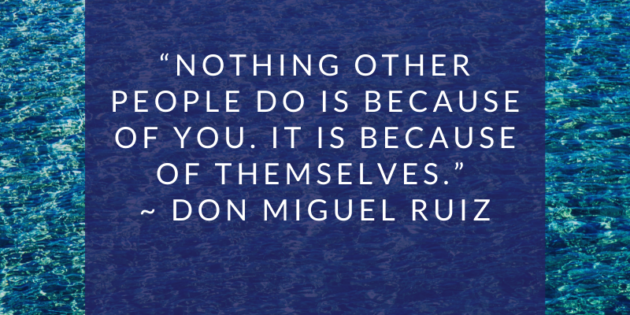




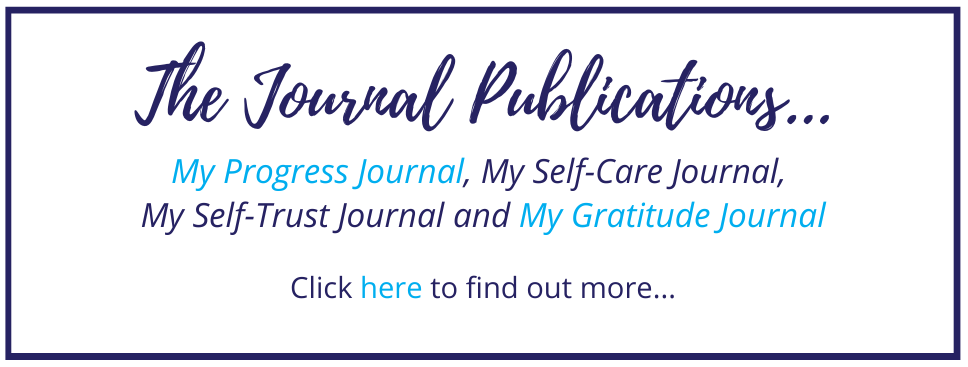

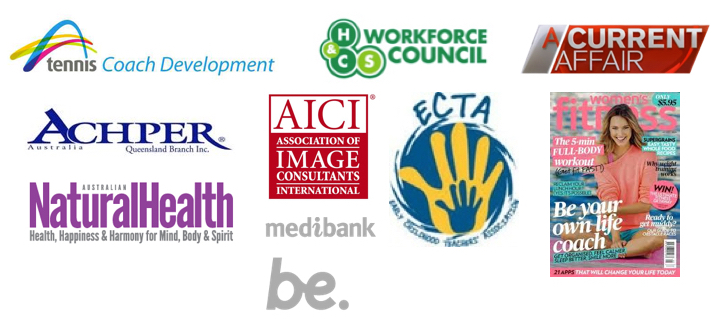
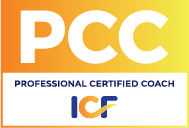
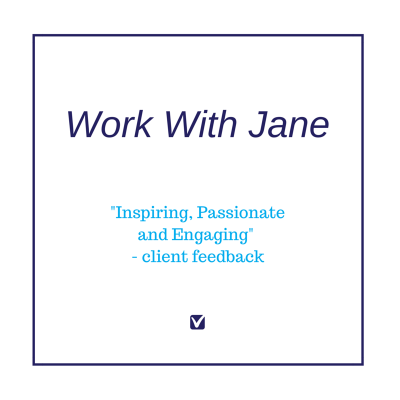





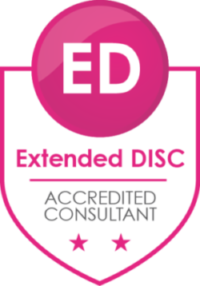

Leave A Response